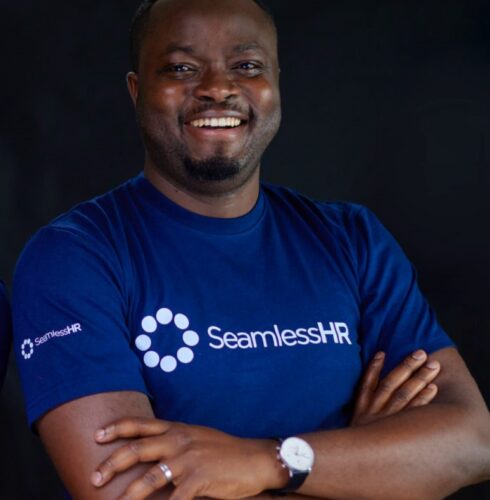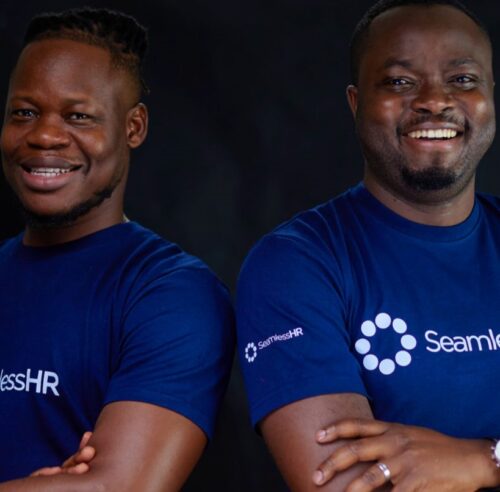
SeamlessHR, a leading Nigerian HR-tech startup, is widening its market reach by targeting government agencies. With over 720,000 civil servants, the public sector presents a substantial growth opportunity, offering stability and long-term revenue potential.
The company, traditionally focused on mid-to-large enterprises, is now in discussions with various ministries, departments, and agencies (MDAs), including the National Information Technology Development Agency (NITDA), to integrate them into its platform. SeamlessHR already serves key public institutions, providing performance management solutions to the Nigeria Port Authority (NPA) and recruitment tools for the 3 Million Technical Talent (3MTT) program, according to Deji Lana, the company’s Chief Technology Officer (CTO).
SeamlessHR’s success in the private sector has laid the groundwork for this transition. “If we’ve built a successful platform for enterprises, why not extend it to the government?” Lana remarked. “There may be unique configurations required, but we are confident in the platform’s adaptability to public sector needs.”
The move is also strategic—Nigeria’s public sector faces persistent challenges such as ghost workers, payroll inefficiencies, and resource misallocation. SeamlessHR believes its end-to-end HR solutions can introduce transparency, fairness, and efficiency. “We need to be in this space to solve the issues that people frequently complain about—fairness in payroll, equitable resource allocation, and eliminating inefficiencies,” Lana added.
As Nigeria’s HR-tech industry grows, SeamlessHR faces competition from emerging local startups such as PaidHR, Ropay, WorkPay, Cloudenly, and NotchHR. However, Lana maintains that the company’s real competitors are global HR giants like SAP, Zoho, and Oracle, which have already built large-scale HR solutions.
“From inception, our goal was to develop a fully integrated HR solution,” Lana explained. “While global firms have done this at scale, our deep understanding of local challenges gives us an edge in the Nigerian market.”

The government sector presents both opportunities and hurdles. Financial technology companies like Remita, which processes transactions worth approximately ₦21 trillion annually, highlight the potential for technology startups to thrive in Nigeria’s public sector.
However, government agencies often rely on legacy systems with years of accumulated data, making migration to new platforms complex and resource-intensive. SeamlessHR is prepared to facilitate this transition. “Public institutions don’t need to overhaul everything at once,” Lana noted. “They can start with individual modules before committing to a full migration.”
Another significant challenge is the lengthy sales cycle associated with government contracts. The bureaucratic nature of public procurement can delay revenue generation, but the potential for long-term agreements makes the sector an attractive investment.
Beyond its expansion into the government sector, SeamlessHR is also exploring artificial intelligence (AI) innovations. Lana hinted at developing an AI-powered recruitment assistant capable of conducting interviews, a move that would further enhance the platform’s capabilities.
SeamlessHR’s success in the public sector will depend on its ability to navigate bureaucratic complexities, win key government contracts, and modernize public HR systems. If successful, the company could play a crucial role in Nigeria’s digital transformation and HR modernization efforts.



